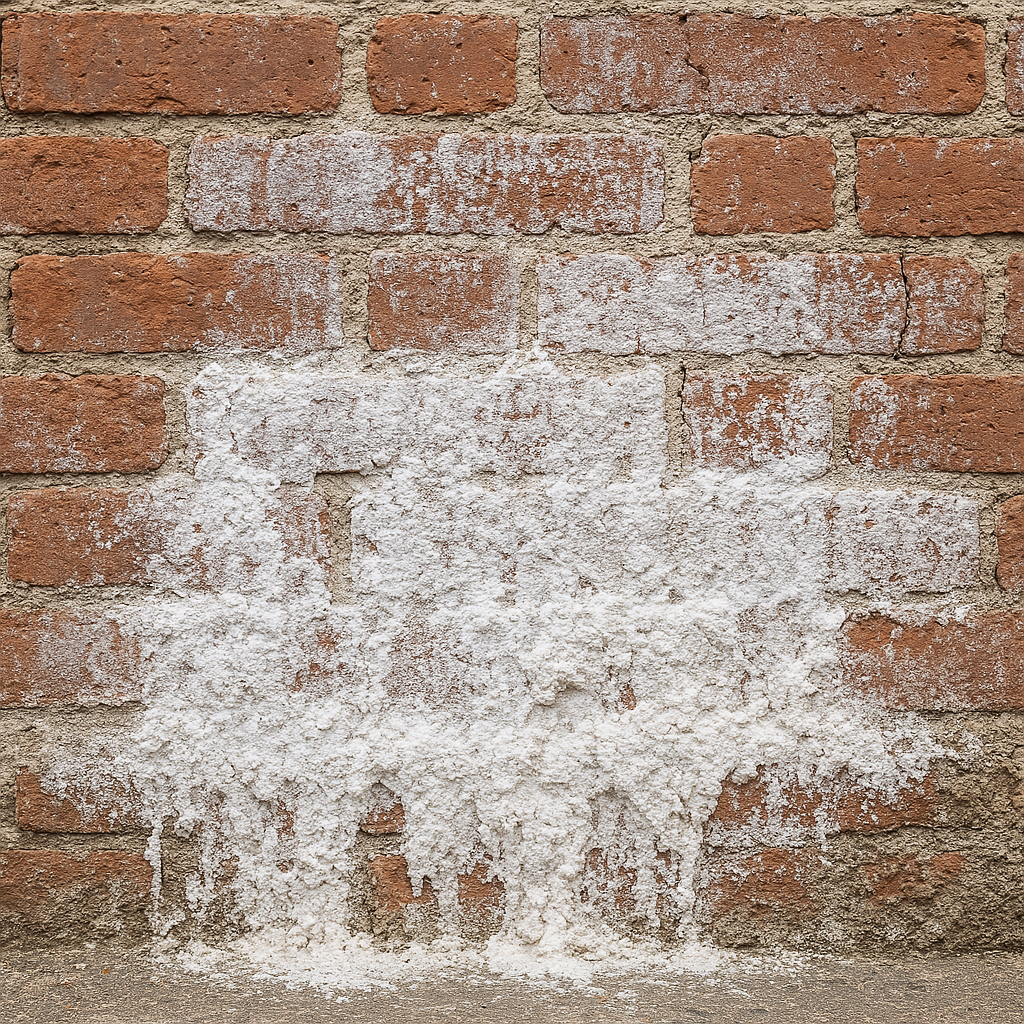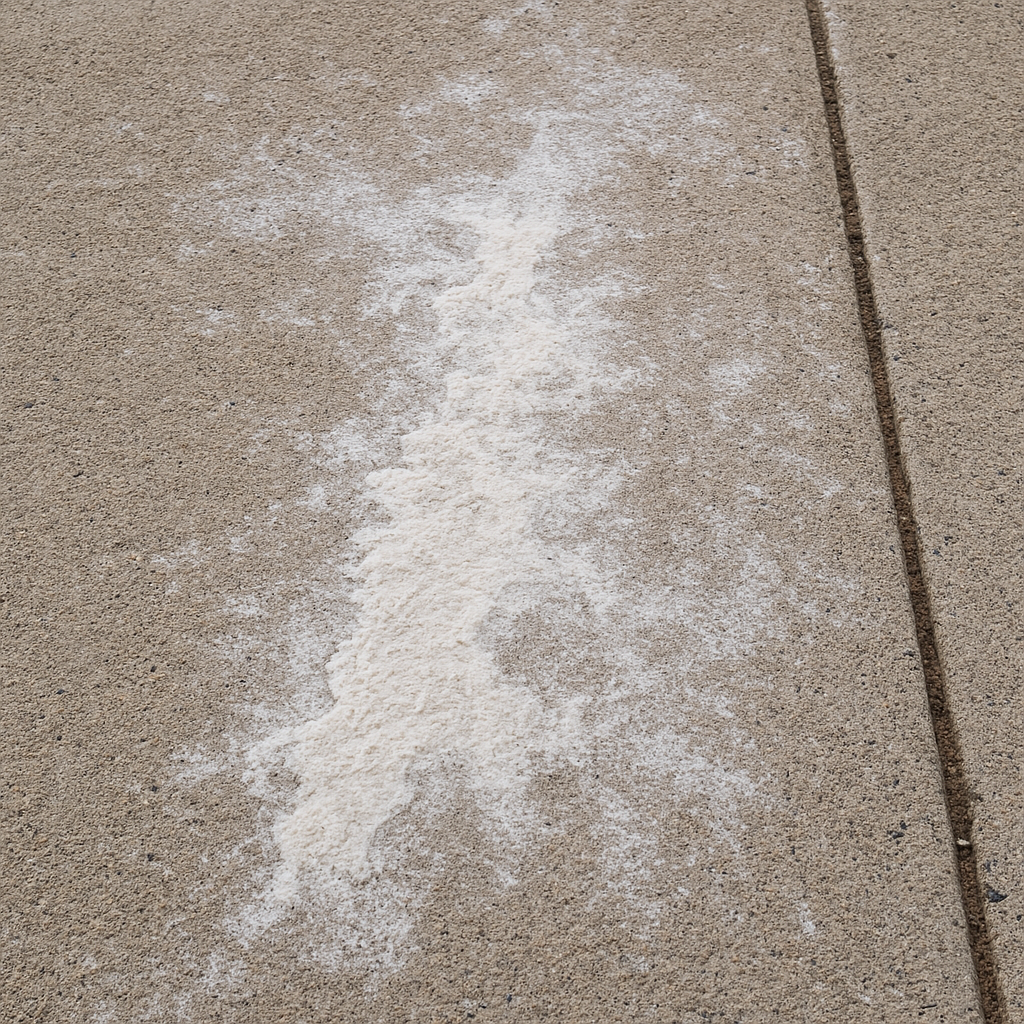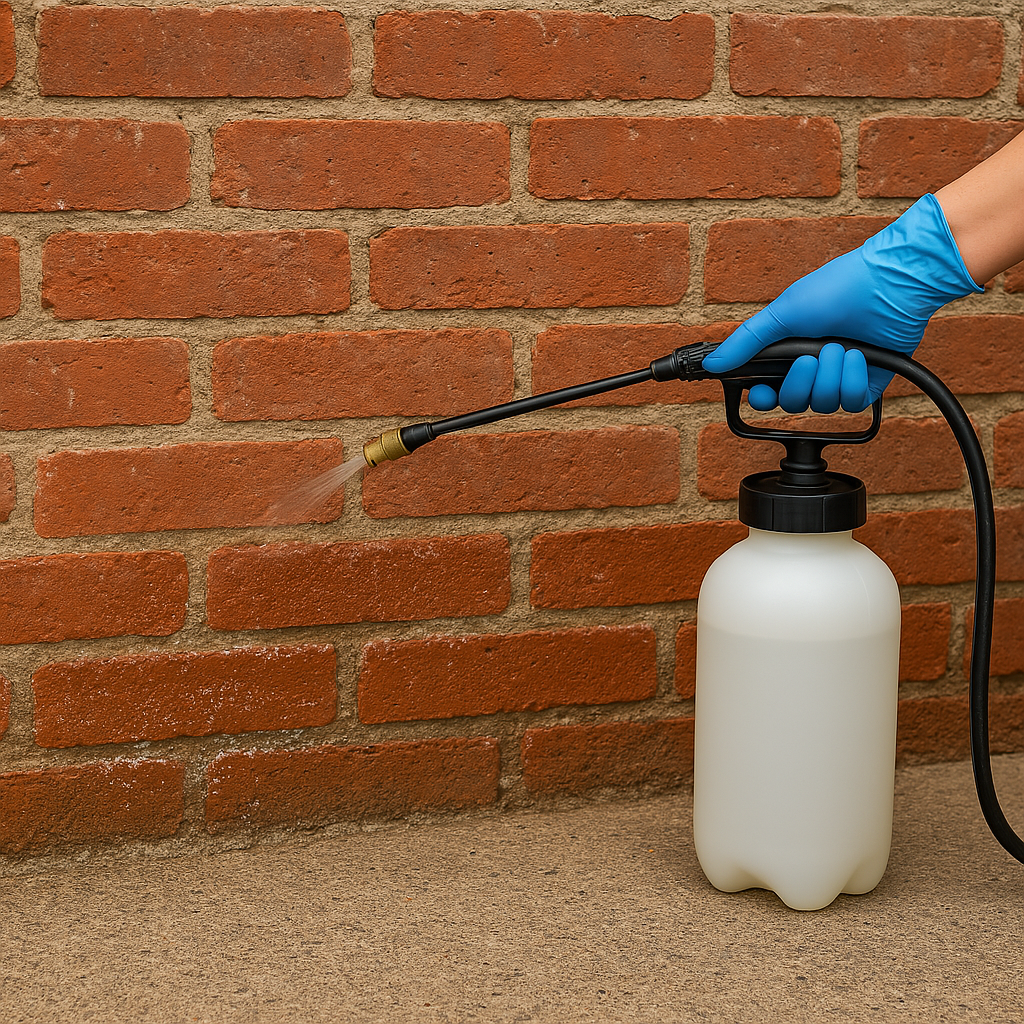Chicago winters can be harsh, and while the cold and snow can be beautiful, they also bring the challenge of maintaining the integrity of your masonry surfaces. The use of road salts and deicers is essential for safety on sidewalks, driveways, and streets, but these chemicals can wreak havoc on your masonry if not properly managed. Here's how you can protect your masonry in Chicago and ensure it stands the test of time.
Why Salt Damage Is a Concern for Masonry
Salt and deicers are commonly used throughout the Chicago area to prevent slips and falls during snowy conditions. However, these materials can be corrosive to masonry surfaces like brick, stone, and concrete. Salt causes a process called efflorescence, where moisture within the masonry brings salt to the surface, leaving unsightly white stains. Over time, salt can penetrate the surface, leading to cracking, spalling, and even structural weakening.


How Salt Damages Sidewalks and Driveways
For homeowners in Chicago, sidewalks and driveways are particularly vulnerable to salt damage during the winter months. The freeze-thaw cycle exacerbates the problem. When moisture seeps into the cracks and pores of the masonry, it expands as it freezes, causing the masonry to deteriorate further when thawing occurs. Over time, this can lead to significant damage, such as chipped or pitted surfaces, and may even require costly repairs or replacement.
Tips for Protecting Your Masonry from Salt Damage
- Use Salt Sparingly While it's tempting to coat your driveway or sidewalk in salt, using excessive amounts can cause more harm than good. Only apply enough to create safe walking and driving conditions. In many cases, less salt can still be effective, reducing the likelihood of long-term damage to your masonry.
- Consider Alternatives to Traditional Salt Many homeowners in Chicago are turning to more masonry-friendly deicing alternatives, such as calcium magnesium acetate or sand. These options are less corrosive and safer for the environment while still offering some traction in icy conditions.
- Seal Your Masonry Applying a high-quality sealant to your brick, stone, or concrete surfaces can create a protective barrier, preventing salt and moisture from penetrating the masonry. This simple step can significantly prolong the life of your sidewalk or driveway. Make sure to reseal every few years to maintain the protection.
- Regular Cleaning and Maintenance After a snowy day in Chicago, be sure to clean off any leftover salt from your masonry surfaces. A simple solution of water and vinegar can help neutralize the salt and prevent it from causing damage. For larger areas, a pressure washer with a gentle setting can help remove salt buildup.
- Repair Cracks and Damaged Surfaces Promptly Cracks in your masonry provide an entry point for moisture and salt. Regularly inspect your driveway and sidewalk for cracks, and fill them promptly to prevent further damage. Applying a masonry patch can help prevent water from seeping into the cracks and causing expansion damage during the next freeze-thaw cycle.
When to Call a Professional
If you notice significant damage, such as deep cracks, crumbling, or efflorescence that won't go away, it's time to call in a professional. A masonry expert can assess the damage and recommend the best course of action, which may include cleaning, repairing, or even replacing sections of your masonry.
Protecting your masonry from salt damage is crucial in a city like Chicago, where winters can be brutal. By following these simple tips, you can ensure that your sidewalk and driveway remain safe and intact throughout the season. Take action now, and your masonry will continue to add beauty and value to your home for years to come.
